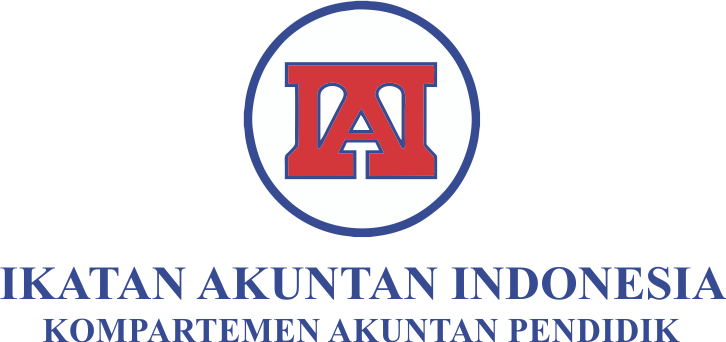ESG and Financial Performance: The Moderating Role of Intellectual Capital
DOI:
https://doi.org/10.34209/equ.v27i2.8901Abstract
Public awareness of social and environmental challenges has raised attention to ESG issues around the world. This study aims to empirically examine the effect of ESG on corporate financial performance with the moderating role of intellectual capital and its components human capital, structural capital, and relational capital. ESG measurement is measured by ESG score, financial performance is measured by ROA and Tobins'Q, and intellectual capital is measured by VAIC. The research was conducted on 424 samples of companies in ASEAN-5 countries (Indonesia, Malaysia, Singapore, Thailand, Philippines) obtained through puposive sampling technique with the research period 2019-2022. The results prove that ESG is positively related to financial performance on the proxy of ROA. Intellectual capital strengthens the relationship between ESG and corporate financial performance on ROA and Tobins'Q proxies. Structural capital strengthens the relationship between ESG and financial performance on the Tobins'Q proxy. Relational capital strengthens the relationship between ESG and corporate financial performance on the ROA proxy. Meanwhile, human capital weakens the relationship between ESG and corporate financial performance.
Keywords: ESG, Financial Performance, ROA, Tobins’Q, Intellectual Capital, Human Capital, Structural Capital, Relational Capital
Downloads
Published
Issue
Section
License

This work is licensed under a Creative Commons Attribution 4.0 International License.
Syarat yang harus dipenuhi oleh Penulis sebagai berikut:Penulis menyimpan hak cipta dan memberikan jurnal hak penerbitan pertama naskah secara simultan dengan lisensi di bawah Creative Commons Attribution License yang mengizinkan orang lain untuk berbagi pekerjaan dengan sebuah pernyataan kepenulisan pekerjaan dan penerbitan awal di jurnal ini.
Penulis bisa memasukkan ke dalam penyusunan kontraktual tambahan terpisah untuk distribusi non ekslusif versi kaya terbitan jurnal (contoh: mempostingnya ke repositori institusional atau menerbitkannya dalam sebuah buku), dengan pengakuan penerbitan awalnya di jurnal ini.
Penulis diizinkan dan didorong untuk memposting karya mereka online (contoh: di repositori institusional atau di website mereka) sebelum dan selama proses penyerahan, karena dapat mengarahkan ke pertukaran produktif, seperti halnya sitiran yang lebih awal dan lebih hebat dari karya yang diterbitkan. (Lihat Efek Akses Terbuka).








